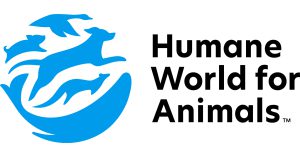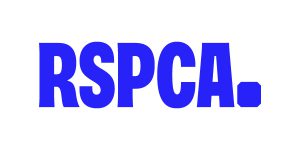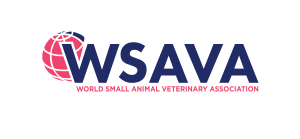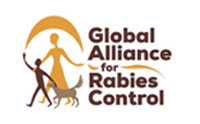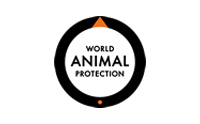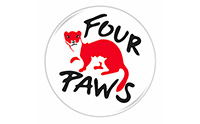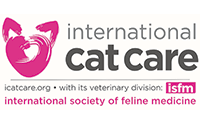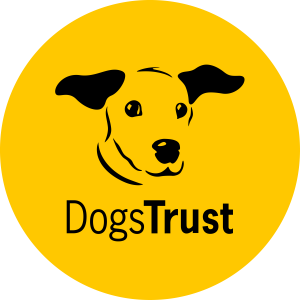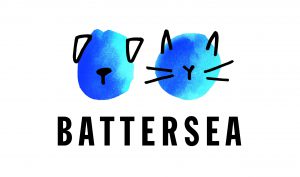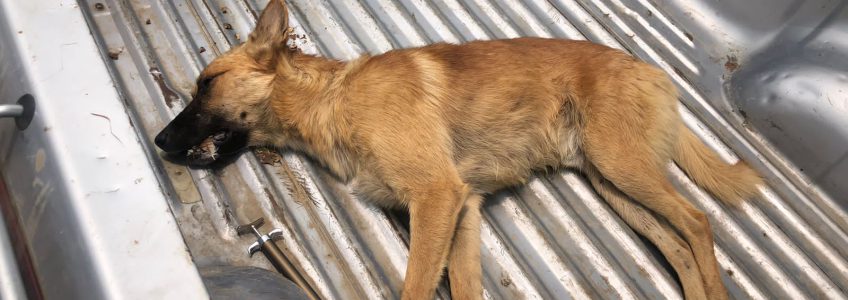
June 2023
As the hosts of the 4th International Conference on Dog and Cat Population Management, ICAM feels compelled to publicly state its opposition to the ongoing inhumane culling of free-roaming dogs in Morocco. We urge the local and national governments responsible to halt these culls immediately and return to practices outlined in the convention signed in 2019 which outlined the management of free-roaming dog and cat populations in Morocco through sterilisation, vaccination and return. This convention was agreed by the following parties: The Ministry of the Interior, the Directorate of Local Municipalities, ONSSA, the Ministry of Health and the National Order of Veterinarians, and stated their commitment to involve the Regional Walis and local authorities of Prefectures and Provinces of the Kingdom in the implementation of this convention.
Our international conference was attended by implementers and policy makers in dog and cat population management from 107 countries. The inhumane culling of free-roaming dogs in Morocco was reported by attendees to this assembled virtual audience, and subsequently confirmed with video footage. ICAM and its members have also received multiple communications reporting the culling of roaming dogs using inhumane methods in Morocco over the past months, including the use of strychnine poisoning. Strychnine poisoning is listed as “unacceptable__on animal welfare grounds” by the World Organisation for Animal Health (WOAH) in their international standard on dog population management. As a member of WOAH, Morocco has committed to applying WOAH animal health and welfare standards, including chapter 7.7. on dog population management.
Culling of free-roaming dogs is also widely opposed from a rabies control perspective. The World Health Organisation (WHO) in their Expert Consultation on Rabies (2018 TRS 1012) clearly states “Mass dog vaccination has repeatedly been shown to be effective for controlling dog-mediated rabies, whereas removal of dogs does not decrease dog density or control rabies in the long run. Mass culling of dogs should therefore not be a part of a rabies control strategy: it is ineffective and may be counterproductive to vaccination programmes, particularly when they target free-roaming dogs.” The culls conducted in some areas of Morocco have included dogs that had already been sterilised and vaccinated by local organisations as outlined in the 2019 convention, this culling directly reduces herd immunity and puts local communities at increased risk of rabies transmission.
The inhumane culling of free-roaming dogs also has the potential of harmful effects on Morocco’s young citizens. The UN Committee on the Rights of the Child has acknowledged children can be seriously affected by witnessing violent animal abuse and has made recommendations that children should not be exposed to violent animal abuse. The Committee has called for an ‘elimination of societal violence against animals’ including free-roaming animal management.
The humane methods of population management that we promote shows respect for animal sentience and ensures effective management of populations for the long-term. We advocate starting from an evidence-based understanding of dog population dynamics and the human behaviours that drive these dynamics. Leading to the development of a comprehensive system that addresses the sources of unwanted and roaming dogs through accessible veterinary services, full engagement of communities and promoting responsible dog ownership. Our Humane Dog Population Management guidance provides fundamental advice for planning and implementing management of dog populations. In recognition of the need to evolve population management over time, we also provide detailed guidance on monitoring and evaluation of interventions plus tools for planning and data collection, so systems can be adapted with the benefit of objective evidence.
ICAM respectfully requests His Majesty the King of Morocco, the Moroccan National government, regional councils and municipalities in Morocco to immediately halt this cull. Further, we request these authorities to take up their responsibility for population management and act with compassion towards animals to enable full and sustained support for effective systems from stakeholders and citizens.
The ICAM coalition
About International Companion Animal Management (ICAM) Coalition
ICAM supports the development and use of humane and effective companion animal population management worldwide. The coalition was formed in 2006 as a forum for discussion on global dog and cat management issues.
Our key goals are to:
- Share ideas and data
- Discuss issues relevant to population management and welfare
- Agree definitions and hence improve understanding
- Provide guidance as a collegial and cohesive group
Contact information: info@icam-coalition.org
Twitter: @ICAMCoalition

